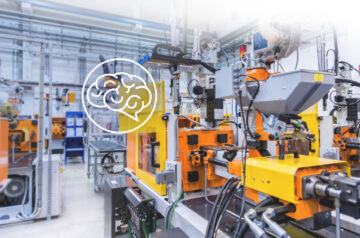
While more data ideally increases knowledge, it also increases complexity
Pharma & life sciences, and therefore modern medicine, have undergone rapid development in recent years, accelerated in part by the genomic revolution in single-cell genomics. This allows deep insights into the structure and interaction of single cells can be gained. This in turn enables a better understanding of the biological processes involved in the development of diseases, and consequently allows for new and better drugs to be developed.
However, as the level of detail gained increases, so does the complexity and volume of the data that is collected, which can no longer be managed using classical approaches, meaning new approaches are required.
Increased insight through AI support
Artificial intelligence methods offer a way out because AI systems can extract important information in a more data-driven way than conventional approaches, in which experts sift through data manually and try to recognize known patterns.
They reduce complexity, can incorporate expert knowledge, and later use this knowledge in a reproducible and deterministic way to detect significant patterns and anomalies automatically.
The reward for the effort involved is reflected not only in improved diagnostics, but also in the shortened time required to gain knowledge. In the time saved, the experts themselves can concentrate on the essentials, such as researching complex disease patterns, identifying new biomarkers and developing new active substances.
The use of AI support can therefore make an important contribution to pharmaceutical research with regard to personalized and precision medicine.
The resulting benefits are:
- Faster development cycles
- Reduced complexity
- Reproducible analytics
- Reduced manual effort
- Higher knowledge gain through AI support
- More stable processes overall
- Competitive advantage over rivals
If this topic is interesting for you, also check out these articles.









